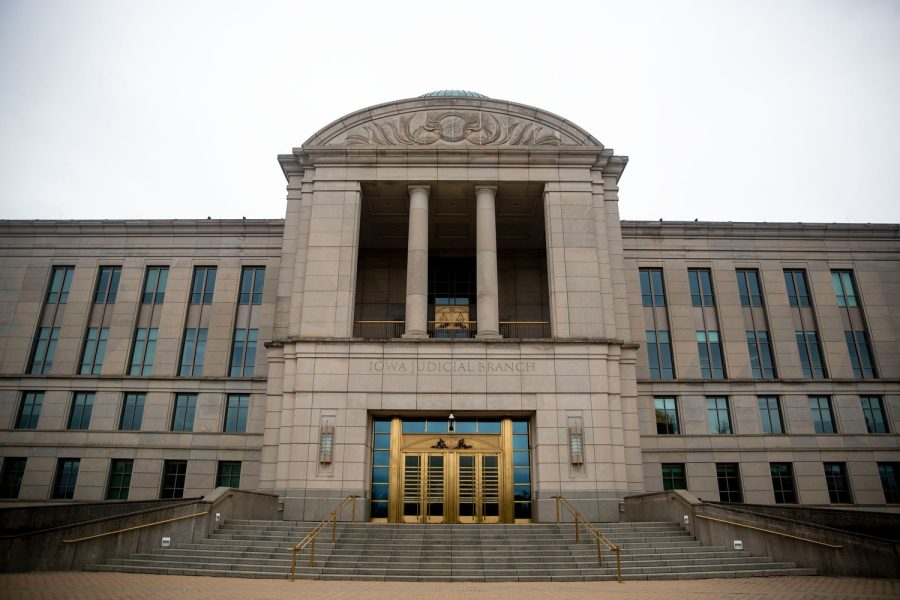The Iowa Supreme Court will hear oral arguments on Tuesday to decide whether three Iowa Libertarian candidates for Congress can remain on the general election ballot.
The hearing comes on the heels of a deadline for local election officials to begin printing ballots, which is Wednesday by 11:59 p.m. under Iowa law.
The court will hear oral arguments in the case on Tuesday at 10 a.m. and will presumably issue a ruling quickly in accordance with the deadline for ballot printing.
The expedited hearing comes just days after an Iowa District Court Judge decided to uphold the State Objection Panel’s ruling to remove the three candidates from the November general election ballot and dissolve a temporary injunction preventing the Secretary of State’s office from certifying the general election ballot.
After no Libertarian candidates ran in the June primary elections, the state Libertarian party called a special convention to nominate three candidates for Iowa’s 1st, 3rd, and 4th Congressional Districts.
The state convention nominated Nicholas Gluba, Marco Battaglia, and Charles Aldrich to run in the 1st, 3rd, and 4th Congressional Districts, respectively.
The court battle comes as the race in Iowa’s 1st and 3rd Congressional districts continues to tighten with the Cook Political Report moving their rating from “Likely Republican” to “Leaning Republican” this last week.
The absence of a Libertarian candidate on the ballot could make a difference in close races, which are expected in Iowa’s 1st and 3rd Congressional Districts. U.S. Rep. Zach Nunn, R-Iowa, was a first-term incumbent who won by less than 2,000 votes in 2022 with no Libertarian candidate on the ballot.
Iowa Republican Party activists and officials raised objections to their nominations and argued the Libertarian Party failed to follow state law that governs major party nomination procedures. The State Objections Panel, which hears objections to candidacy, met on Aug. 28 and decided, 2-1, to uphold the objections and remove the candidates from the November general election ballot.
The candidates challenged the ruling in district court, where the panel’s decision was upheld on Saturday. The candidates then appealed to the Iowa Supreme Court.
In new court documents filed on Monday, the candidates argue the state code objectors and the panel cite in their decision only applies to primary candidates, making the Libertarian candidates exempt.
The lawyers also argued that the state panel exceeded its authority in upholding the objections and the ruling violated the Libertarian Party’s free speech rights.
“If the district court’s ruling is allowed to remain the law of this state, then Iowa’s elections will be decided by judges instead of voters — a system of elections which the Iowa Constitution cannot tolerate,” the candidates’ lawyers argued.
Lawyers for the State Objection Panel argued that the state law does not only apply to primary election candidacy.
“Without options for different candidates, elections could not happen,” lawyers for the state argued. “But for those elections to be not only free, but fair, open, and transparent, everyone must follow the same set of rules.”



